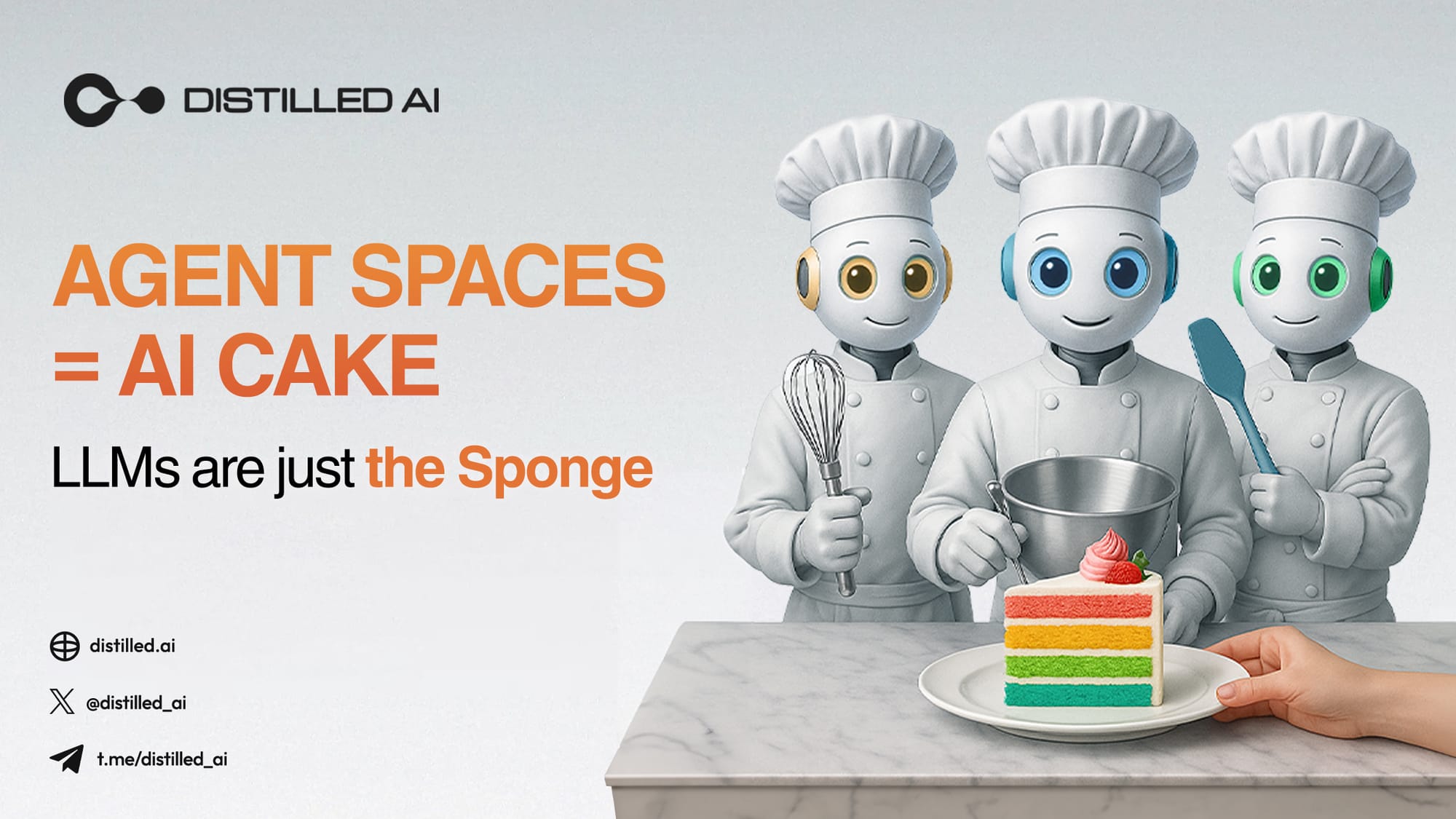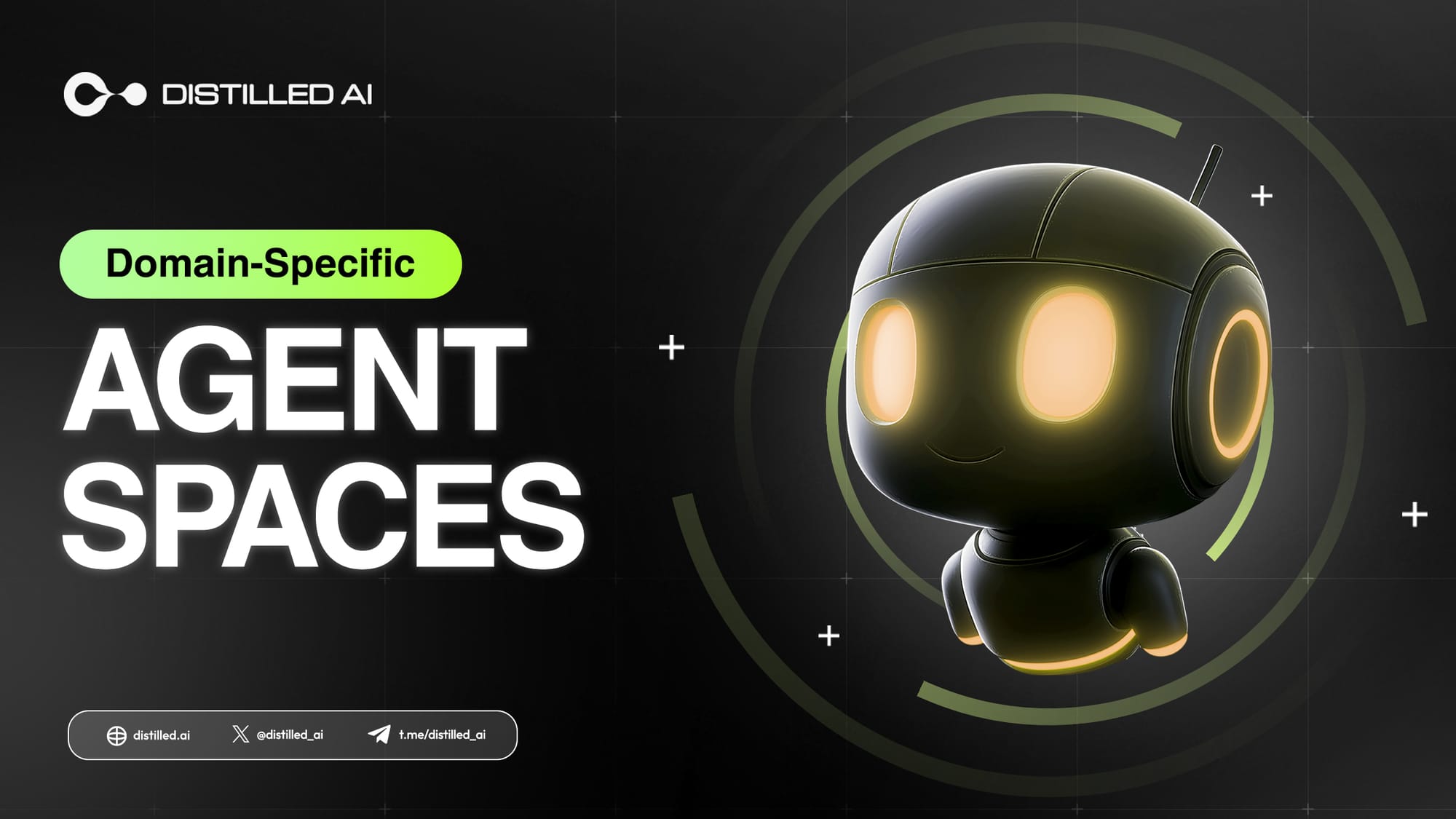- Our AI Agents
- About us
- Blog
- DeveloperComing soon
- Docs
- Enter MESH App
 Back
Back
Building AI You Can Trust: Navigating the Ethical Landscape of AI Agents
MAY 14, 2025
Artificial Intelligence (AI) agents are rapidly moving from science fiction to everyday reality. From customer service chatbots to complex decision-making systems in healthcare and finance, these intelligent entities are poised to reshape our world. But with great power comes great responsibility. Developing AI agents ethically – addressing bias in AI, ensuring fairness in AI, and prioritizing transparency in AI – isn't just a moral imperative; it's crucial for building trust, avoiding legal pitfalls, and ensuring these technologies benefit all of humanity.
The Growing Ethical Concerns with AI Agents
AI agents learn from data. This is their fundamental strength, but also their biggest vulnerability. If the data used to train an AI agent reflects existing societal biases – and it often does – the agent will inevitably perpetuate and even amplify those biases. This can lead to discriminatory outcomes with real-world consequences.
Consider these potential issues:
- Discrimination: An AI agent used in loan applications might unfairly deny credit to individuals from specific demographic groups, based on historical lending patterns that were themselves discriminatory.
- Reinforced Stereotypes: An AI-powered recruitment tool could favor male candidates for technical roles, perpetuating gender imbalances in the tech industry.
- Lack of Accountability: When an AI agent makes a harmful decision, determining who is responsible can be incredibly complex. Is it the developer, the data provider, or the user?
- Privacy Violations: AI agents often require access to vast amounts of personal data, raising concerns about privacy and security.
Understanding and Mitigating Bias in AI
Bias can creep into AI systems at various stages:
- Data Bias: The training data is unrepresentative, incomplete, or reflects existing prejudices. (Most common)
- Algorithm Bias: The algorithm itself is designed in a way that favors certain outcomes.
- Human Bias: Bias introduced during data labeling, feature selection, or model evaluation.
Mitigation Strategies:
- Diverse Data Sets: Actively seek out and incorporate diverse and representative data sets. This requires conscious effort and may involve oversampling underrepresented groups.
- Bias Detection Tools: Utilize tools designed to identify and measure bias in data and models. (See Resources below)
- Data Augmentation: Create synthetic data to balance out imbalances in the training data.
- Fairness-Aware Algorithms: Employ algorithms specifically designed to promote fairness, such as adversarial debiasing or re-weighting techniques.
- Regular Audits: Continuously monitor AI agents for biased behavior and retrain them as needed.
Case Study: Amazon's Recruiting Tool
Amazon famously scrapped an AI recruiting tool in 2018 after discovering it was biased against women. The tool was trained on historical hiring data, which predominantly featured male candidates. As a result, it learned to penalize resumes that contained words associated with women's colleges or women's organizations. https://reuters.com/article/us-amazon-hiring-bias-insight/amazon-abandons-secretive-ai-recruiting-tool-that-showed-bias-against-women-idUSKCN1MK0J8 This serves as a stark warning about the dangers of unchecked bias in AI.
Promoting Fairness in AI: Beyond Bias Detection
Fairness isn't simply the absence of bias. It's about ensuring that AI agents treat all individuals and groups equitably, even if that means different outcomes for different groups. There are multiple definitions of fairness, and choosing the right one depends on the specific application.
- Equal Opportunity: Ensuring that all groups have an equal chance of receiving a positive outcome.
- Equal Outcome: Ensuring that all groups achieve the same outcome, regardless of their characteristics. (Often controversial)
- Statistical Parity: Ensuring that the proportion of positive outcomes is the same across all groups.
Strategies for Promoting Fairness:
- Define Fairness Metrics: Clearly define what fairness means in the context of your AI agent.
- Consider Trade-offs: Recognize that achieving perfect fairness may require trade-offs with other objectives, such as accuracy.
- Stakeholder Engagement: Involve diverse stakeholders in the design and evaluation of AI agents to ensure that fairness concerns are addressed.
The Importance of Transparency and Explainability (XAI)
Transparency in AI means understanding how an AI agent arrives at its decisions. This is particularly important in high-stakes applications where trust and accountability are paramount. Explainable AI (XAI) is a field dedicated to developing techniques that make AI decision-making more understandable to humans.
Benefits of Transparency:
- Increased Trust: Users are more likely to trust AI agents they understand.
- Improved Accountability: Transparency makes it easier to identify and correct errors or biases.
- Enhanced Debugging: Understanding the reasoning behind an AI agent's decisions can help developers identify and fix problems.
- Regulatory Compliance: Increasingly, regulations require transparency in AI systems.
XAI Techniques:
- Feature Importance: Identifying which features have the greatest influence on the AI agent's decisions.
- SHAP Values: A game-theoretic approach to explaining individual predictions.
- LIME (Local Interpretable Model-agnostic Explanations): Approximating the behavior of a complex model with a simpler, interpretable model.
- Rule Extraction: Extracting human-readable rules from the AI agent's decision-making process.
Case Study: Healthcare Diagnosis
Imagine an AI agent assisting doctors in diagnosing diseases. If the agent simply provides a diagnosis without explaining its reasoning, doctors may be hesitant to rely on it. However, if the agent can highlight the specific symptoms and medical history factors that led to its diagnosis, doctors can use their own expertise to validate the recommendation and make a more informed decision. https://www.ibm.com/blogs/research/explainable-ai-healthcare/
Building Trust Through Ethical AI Development
Developing ethical AI agents is an ongoing process. It requires a commitment to responsible innovation, continuous monitoring, and a willingness to learn from mistakes. Here are some key takeaways:
- Ethics by Design: Integrate ethical considerations into every stage of the AI development lifecycle.
- Collaboration: Foster collaboration between AI developers, ethicists, policymakers, and the public.
- Education: Educate developers and users about the ethical implications of AI.
- Regulation: Support the development of appropriate regulations to govern the use of AI.
Resources:
- AI Ethics Lab: https://www.aiethicslab.com/
- Partnership on AI: https://www.partnershiponai.org/
- IBM AI Fairness 360: https://aif360.mybluemix.net/ (Bias detection toolkit)
- Google's PAIR Guidebook: https://pair-code.github.io/PAIR-Guidebook/


Thank you!
Read more articles

LLMs Are Just the Sponge: Building the Full AI Cake with Agent Spaces
From LLMs to AI systems is a long journey. Just like a sponge alone doesn't make a cake, LLMs alone can't create the rich, layered AI experiences we rely on today. This article explores how the AI Cake is formed—how modular systems, orchestrated workflows, and agent spaces bring everything together. And more importantly, what Distilled AI is aiming to build: the infrastructure that transforms these ingredients into a scalable, composable AI economy. The Secret Recipe When most people interact
MAY 14, 2025

One Size Fits None: Why Domain-Specific Agent Spaces Win
As Agent Spaces begin to define how humans and AI agents collaborate, a critical design choice emerges: why not build a single Agent Space that does everything? A universal platform might sound efficient, but in practice, specialization beats generalization when solving hard problems. This article makes the case for domain-specific Agent Spaces—where modularity, focus, and community expertise create compounding value that no "do-everything" platform can match. Domain Specialization: The Compet
MAY 14, 2025

 Share article
Share article